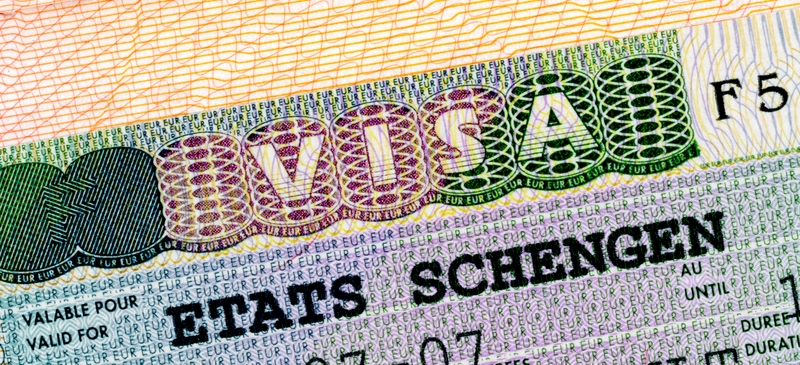
Britain's Schengen dilemma
Britain supports more EU co-operation against terrorism, crime and illegal immigration and has done so for over a decade. This is because effective justice co-operation has clearly been in the national interest (as with the speedy capture and extradition of one of the 2005 London bombers from Italy to Britain). And because it fits in with British notions of preventative or ‘intelligence-led’ policing’. As one senior police officer at the London metropolitan police put it: “Our security starts not just at our own borders, but at the Greek islands or the Finnish frontier.”
Accordingly, Britain has invested heavily in the EU’s police office, Europol, and now directs much of its international efforts against crime and terrorism through the organisation. The EU’s database of asylum-applicants’ fingerprints helps the UK send back hundreds of would-be asylum seekers each year if they already have an outstanding application in another member-state. Mike Kennedy, a British crown prosecutor, served as the first president of the EU’s fledgling prosecution unit, Eurojust, from 2002 to 2007. And it was Britain which originally introduced the idea that the EU needed to work more with migrants’ home countries, international organisations and NGOs to tackle the root causes of illegal immigration more holistically.
This track record is doubly impressive when you consider that the UK -- and Ireland, with which it shares a land border -- remain outside of the Schengen area, the EU’s zone of passport-free travel. The two countries also have the right to opt-out of EU asylum and immigration legislation they dislike, a right which will be extended to cover all justice and security co-operation if the Lisbon treaty enters into force.
But Britain’s luck may be on the wane. The political and legal problems associated with its half-in, half-out status are growing. Although the country retains its own border controls, its police officers are allowed to follow criminal suspects into the Schengen area if they are on a surveillance mission. It has also been agreed that the UK’s national police computer can connect to the Schengen-area police database. But the Schengen countries object to either Britain or Ireland having access to valuable data on who is refused entry to the Schengen area, or to having a vote on the board of the EU’s border agency since they do not share the pain of maintaining a common EU border. When Britain tried to challenge this in 2008, the European court of justice (ECJ) ruled in favour of the Schengen countries.
The EU is currently developing a range of new databases related to either border control or law enforcement (examples include a biometric version of the Schengen database, a single visa database and a new version of the asylum database). Already, Britain has had to take a new court case to the ECJ to fight its exclusion from the single visa database, which UK police officers want to be able to access. Also, Britain would probably be excluded from future efforts by Schengen members to pool the costs of acquiring and using hugely expensive biometric technology needed for modern passports and visas.
Admittedly, British officials are unlikely to get their political masters to re-consider joining Schengen anytime soon. Indeed Britain is pushing ahead with its own so-called ‘e-borders’ project. This new border system will link all of the UK’s land, air and sea borders electronically and will be able to receive personal travel data from private operators. (Ireland has had to follow suit with a similar scheme.)
However, there are a number of smaller steps Britain could attempt to improve its negotiating position in future. First, Britain should push for its nominee to the next European Commission to be given the justice and security portfolio. Although it is a political long shot for a non-Schengen national, one key advantage is that Britain already has a prime candidate for the job: Baroness Cathy Ashton. Although Ashton is the current EU trade commissioner, she has been in Brussels less than a year and has excellent experience with EU policies in this area through her time as a UK justice minister. The move could be seen as symbolic of the desire of all parties for much closer co-operation between Britain and the Schengen area.
Second, the UK should unilaterally offer to share its own border information with the Schengen countries. This will help blunt hostility to future British attempts to work more closely with the Schengen area. Lastly, Britain should continue to give intelligence and money to the EU’s border agency and aim for its ‘e-borders’ technology to be as interoperable as possible with a similar system currently being discussed for the Schengen area. Such a move would make any formal change in relations between Britain and the Schengen area more plausible in the future.
Hugo Brady is a research fellow at the Centre for European Reform.
